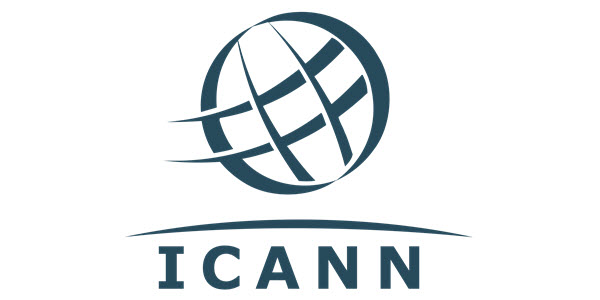The Internet Corporation for Assigned Names and Numbers (ICANN) published [PDF, 2.74 MB] a draft report regarding the Continuous Data-Driven Analysis of Root Server System Stability (CDAR). The study examines the technical impact of the New gTLD Program on the security and stability of the root Domain Name System (DNS).
Key Findings and Recommendations:
The study did not find any evidence that the delegation of new gTLDs degraded the security and stability of the root DNS system. In the New gTLD Program, the rate of delegation has been kept at a gradual rate to ensure that timely mitigation actions can be taken in case signs of degradation are observed. The study’s authors advise that the rate of new gTLD delegations remain gradual.
They also recommended continuous monitoring of a set of risk parameters, most importantly the volume of DNS queries across all root servers, and the increase in the amount of processing required of root name servers, which would reduce traffic handling capacity of the servers.
Representatives from the CDAR research consortium will discuss the reported findings and solicit feedback during a session at ICANN57.
ICANN commissioned the CDAR study, which was conducted by independent research organization TNO and its consortium partners, SIDN and NLnet Labs. The findings will help the ICANN community determine if additional steps are required to safeguard the root zone’s security and stability as more new gTLDs are delegated in the future. The ICANN Board of Directors adopted Governmental Advisory Committee (GAC) recommendation to:
- Study the effects of the New gTLD Program on the operations of the DNS root system.
- Postpone delegation of new gTLDs until it can be determined that the delegations in the current round have not jeopardized the root system’s security or stability.
New gTLD Program Reviews
The CDAR study is part of a series of reviews assessing whether the objectives of the New gTLD Program are being met. The reviews are exploring a number of areas including the effects of the Program on competition, consumer trust and consumer choice; the effectiveness of the application and evaluation process, as well as the effectiveness of Rights Protection Mechanisms (RPMs) and other safeguards built in to the Program.
 OnlineDomain.com Domain Name News & Opinions
OnlineDomain.com Domain Name News & Opinions



 OnlineDomain.com - © Copyright 2012-2026 - All Rights Reserved
OnlineDomain.com - © Copyright 2012-2026 - All Rights Reserved